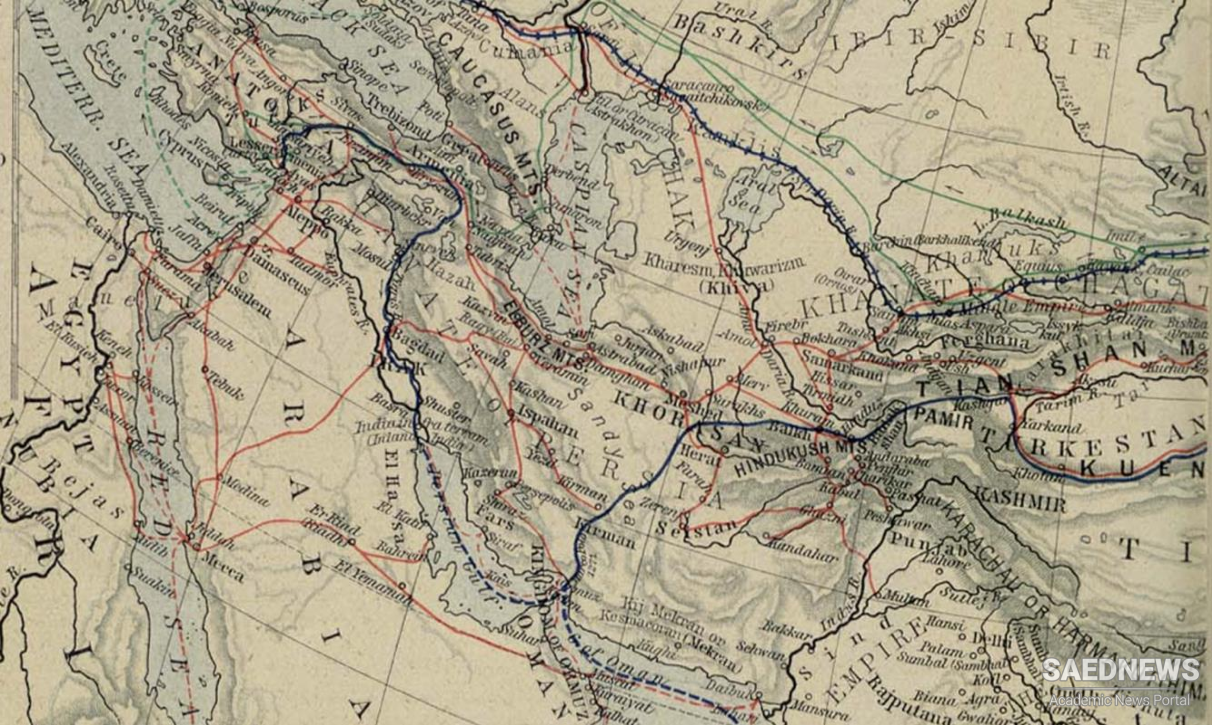We have already touched on the expulsion of the Portuguese with the aid of the English, who aimed at establishing secure trade relations with Persia. Other European powers now endeavoured in much the same way to forge economic links with Iran and to set up suitable trade bases in the country. Portugal had still been granted minor rights by the shah in a treaty of 1625, but when Muscat was conquered by the imam of 'Uman in 1060/16 50, she lost her foothold in the Persian Gulf and with it, simultaneously, her final opportunity for influence in Persia.
It would, however, be quite wrong to conclude from their relations with the Portuguese that the rulers of Persia were in principle opposed to foreign trade delegations. They were in fact only too well aware of the benefits the country derived from the presence of Western trade representatives. These benefits were not confined solely to the economic sphere. Just how diverse they were can be gauged from two examples: the deployment of English ships in support of the Persian government, for instance, during the expulsion of the Portuguese, and the influence of Western art on that of Persia, which is of particular interest in view of the artistic inclinations of Shah 'Abbas II.
The English East India Company had been represented in Shiraz and Isfahan since 1617. Later, in gratitude for the assistance it had given against the Portuguese, it was granted significant privileges by 'Abbas I and Safi I, for example, a customs franchise in Bandar 'Abbas (Gombroon), which had replaced the Portuguese Hurmuz; representation by a permanent ambassador at the court; a guarantee of free trade throughout the country; independent legal authority; freedom of worship; the right to carry arms, and the pledge of greater supplies of silk. Despite all this it would be wrong to conceive of the activity of the company as being outstandingly successful. More often than not it encountered difficulties when seeking to exercise its privileges, and not infrequently it was obliged to relinquish them altogether. Moreover, the role of the company was dependent upon the prestige that the English homeland, about which they were quite well informed, enjoyed amongst the Persians; and this, particularly since the outbreak of the Civil War in 1642, was not exactly high.
Not many years after the English, the Dutch had also founded a settlement in Bandar 'Abbas. The Dutch East India Company was more successful in defending its interests than its English rival because, unlike the latter, it could count on the support of its government and also enjoyed greater freedom to act on its own authority. The privileges conceded to it by 'Abbas I were endorsed by the governments of both Safi and 'Abbas II, though in the latter case not before drastic pressure had been brought to bear by sending a Dutch fleet from Batavia to the Persian Gulf. The principal Dutch imports to Persia were spices, sugar and textiles. They purchased various silks, such as brocade, taffeta, velvet and satin, in addition to raw silk. A trade agreement remained in force until the end of the dynasty, but from time to time it proved damaging or problematical to one or other of the parties as the result of a stipulation obliging the Dutch to take agreed quantities of Persian silk at a fixed price, which proved ruinous for them.


 Shah Abbas II and His Proactive Policies
Shah Abbas II and His Proactive Policies














































